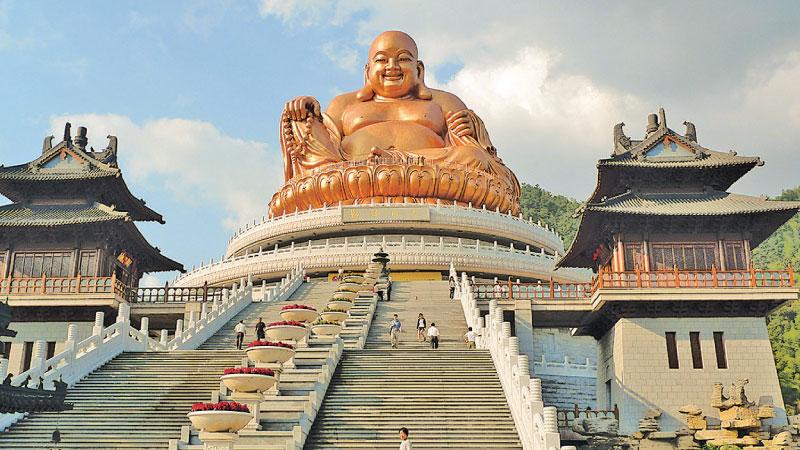
When examining religion in China, it is difficult to ignore not only its role in shaping the expansive history of the nation but also its influence on all of Asia. Throughout its many dynasties, religion has always played a role far more significant than simply providing spiritual guidance for China.
As is the case for many ancient nations, Religion helped form their culture, their government and even their people’s way of life. Even today, Religious observance in China continues to rise in stark contrasts to its increasingly secular neighbours. However, as it has become more evident in recent times, how religion is treated in China despite its history.
Strangely, despite the great importance of religion in China, China is officially an atheistic state. Even government officials, as a part of the atheistic Communist Party of China, are forbidden from practicing religion while in office. Statistically, the majority of Chinese people are technically atheistic, which is to say, they don’t belong to a State recognised religion.
Popular religion
While it is the case that China is mostly irreligious now, the statistics could also be because the most popularly observed collection of religious practices could not be properly defined as a religion. Known as the Chinese folk religion or Popular religion, it is a collection of observances developed over the centuries borrowing from other institutions like Buddhism, Taoism and even Christianity and Hinduism. Due to the loose definition of this ‘religion’, there is no organisation, conversions or concrete practices and thus not recognised by the State but continues to be observed by the majority of China.
Similarly, Confucianism can also be argued to be less a religion and more a tradition or a way of life. As one of the oldest ‘religions’, it taught people to put importance in society and human relationships. Though it was a practical philosophy, Confucianism still had elements of mysticism and mythology that was shed during its revival as Neo Confucianism which happened in response to the popularity of Taoism and Buddhism at the time. Taoism was also a philosophy that taught harmony and a balanced life but differed in its teachings from Confucianism by having no rigid rituals or social order.
Ironically, while Confucianism and Taoism were touted more like philosophies than religions, Buddhism, which has roots as a philosophy was taken to be more traditionally religious when migrating to China. China follows the Mahayana school of Buddhism, which is in some ways a more lax form of it. China considers the Buddha to not only be a teacher of Buddhism, but a God who should be prayed to. When first introduced to China, Buddhism adopted certain teachings of Taoism to boost its popularity, an act that benefitted both religions in the long term.
Extremely lax
In essence, China, unlike most its other views as a communist country, is extremely lax in its religious observances. Anyone is free to observe whatever, and there is no exclusivity necessary. It is not uncommon for people to follow many religions at once, or none at all. Recently, however, this freedom is almost completely gone as the Chinese  government seems to be waging a war on religion, forcing them to adopt Chinese socialist thoughts and erasing any foreign influences within it. Muslims are being forced into detention camps, churches are being shut down and monks are being forced to raise the Communist Party flag in a show of patriotism. This erasure of religion by the government has been a systematic eradication of any moral or social authority besides itself and is greatly damaging to its people and culture.
government seems to be waging a war on religion, forcing them to adopt Chinese socialist thoughts and erasing any foreign influences within it. Muslims are being forced into detention camps, churches are being shut down and monks are being forced to raise the Communist Party flag in a show of patriotism. This erasure of religion by the government has been a systematic eradication of any moral or social authority besides itself and is greatly damaging to its people and culture.
